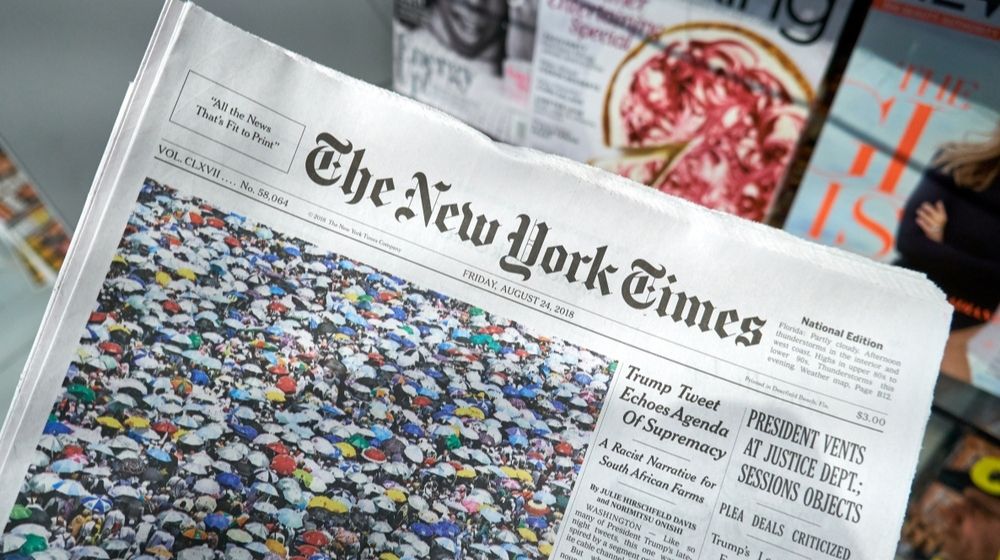Breaking News
New York Times Considering Filing Lawsuit vs OpenAI Over Copyright Concerns

As tensions over copyright infringement rise, The New York Times is considering filing a lawsuit against OpenAI, the company behind the wildly popular AI chatbot ChatGPT.
According to NPR, the New York Times is considering legal action against OpenAI, the organization that created the well-known AI chatbot ChatGPT, to preserve its intellectual property rights. After weeks of contentious negotiations between the two sides regarding a licensing agreement that would permit OpenAI to include the Times stories into its AI capabilities, a potential lawsuit has been filed.
The discussions have reportedly become so heated that the publication is now considering taking legal action, according to insiders with firsthand knowledge of the conversations. The people confirmed that the Times' attorneys are looking into the idea of suing OpenAI, but they asked to remain anonymous since they were not permitted to speak publicly about the situation.
In the era of generative AI, the possible case would represent one of the most well-known legal conflicts involving copyright protection. The Times is quite concerned that ChatGPT, which generates text that responds to inquiries based on the original reporting and writing of the paper's employees, is evolving into a direct rival. The fact that tech corporations are adopting generative AI techniques in search engines more frequently fuels this anxiety. Microsoft, for example, has invested billions into OpenAI and is now powering its Bing search engine with ChatGPT.
When someone searches online and gets an AI-generated response that includes information from the Times, their motivation to go to the publisher's website declines significantly, according to a source in the conversations. Often times without the user's knowledge or consent, large language models like ChatGPT have scraped large portions of the internet to compile data that inform how the chatbot replies to specific enquiries. The legality of this data mining is still up for debate.
Federal law allows the infringing articles to be deleted once the litigation is over if OpenAI is found to have violated any copyrights throughout this process. Daniel Gervais, the co-director of the intellectual property program at Vanderbilt University who studies generative AI, commented: “If you’re copying millions of works, you can see how that becomes a number that becomes potentially fatal for a company. Copyright law is a sword that’s going to hang over the heads of AI companies for several years unless they figure out how to negotiate a solution.”
Up Next:
